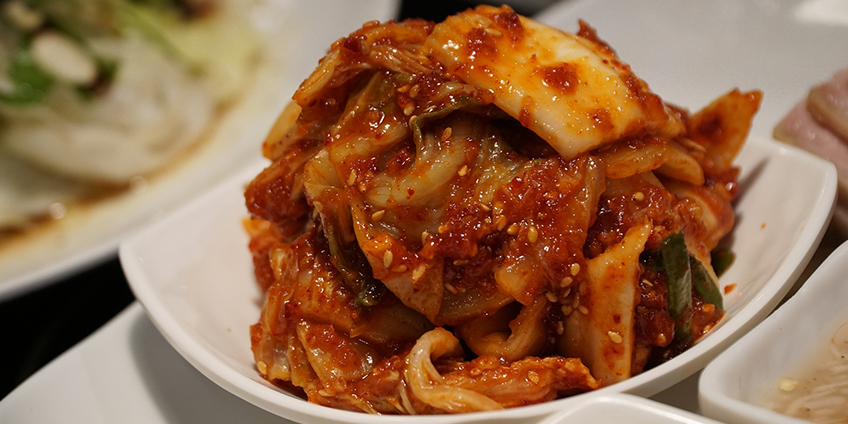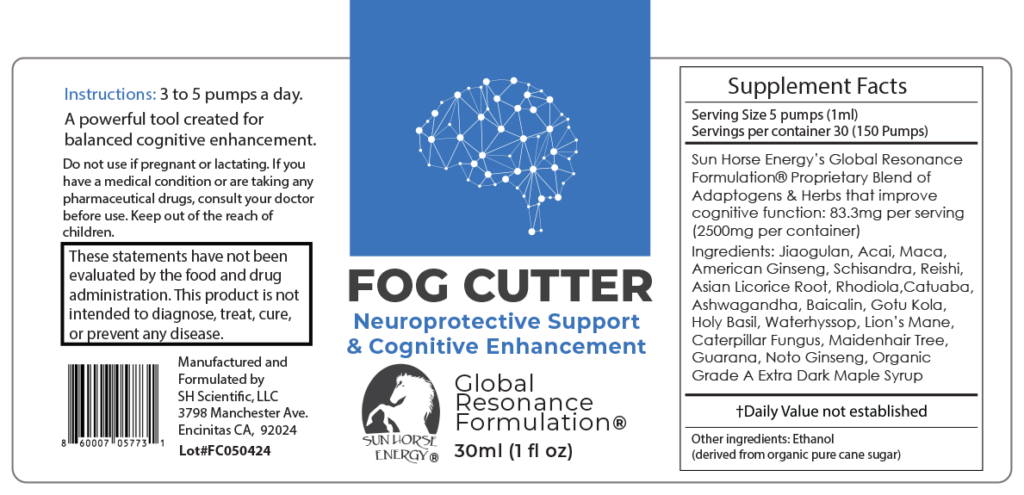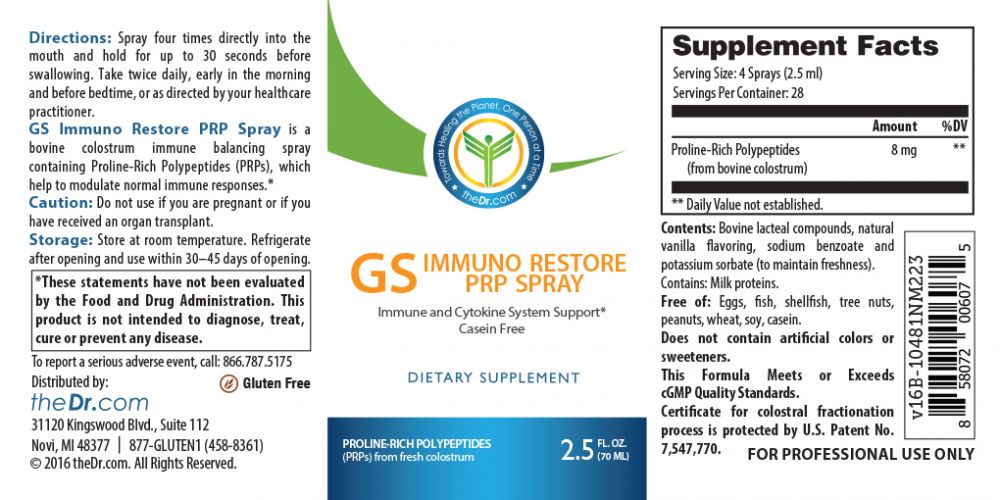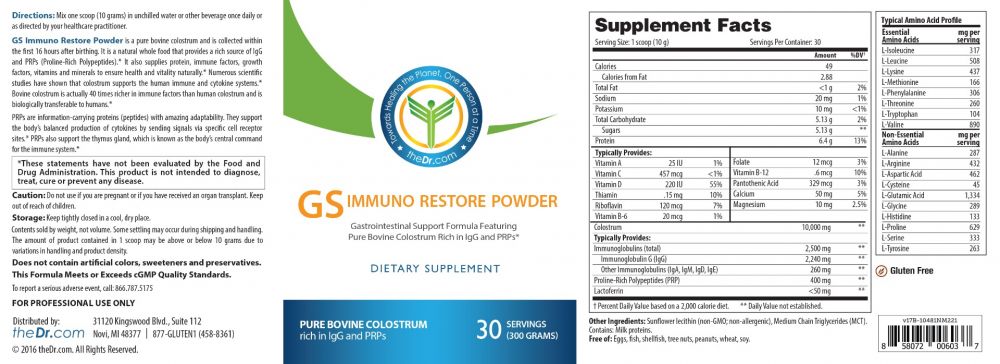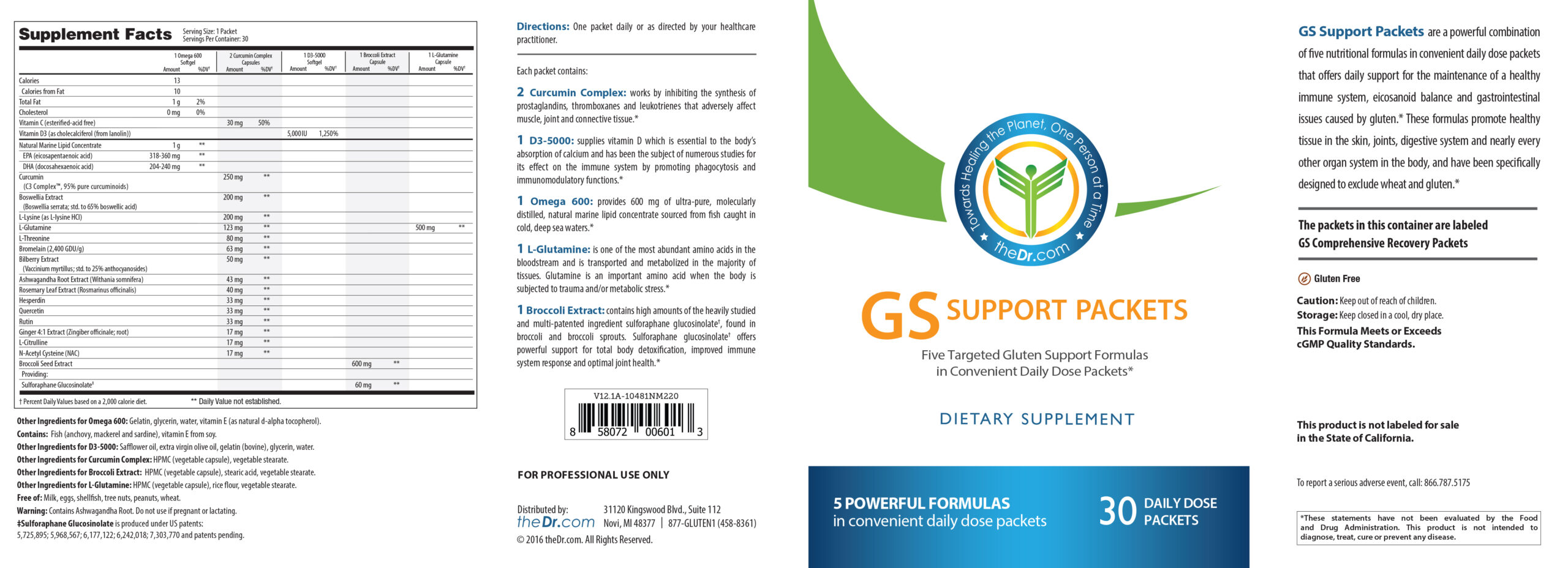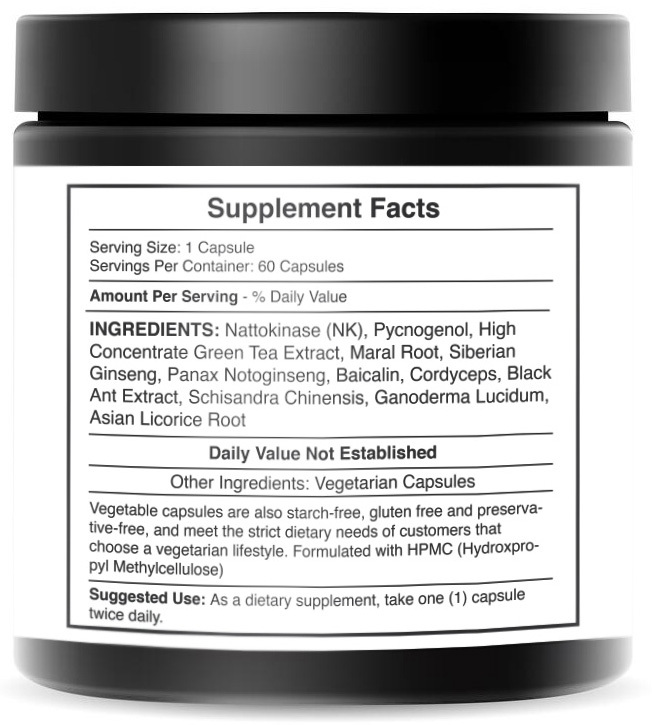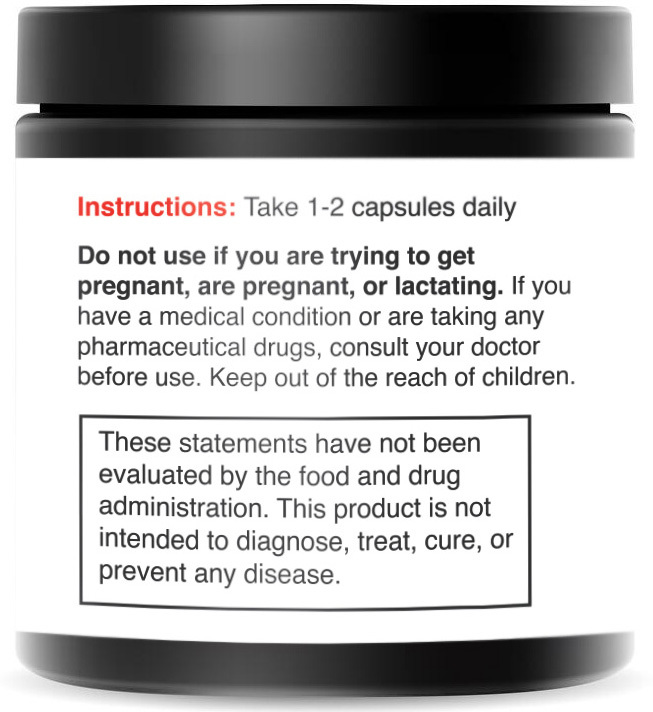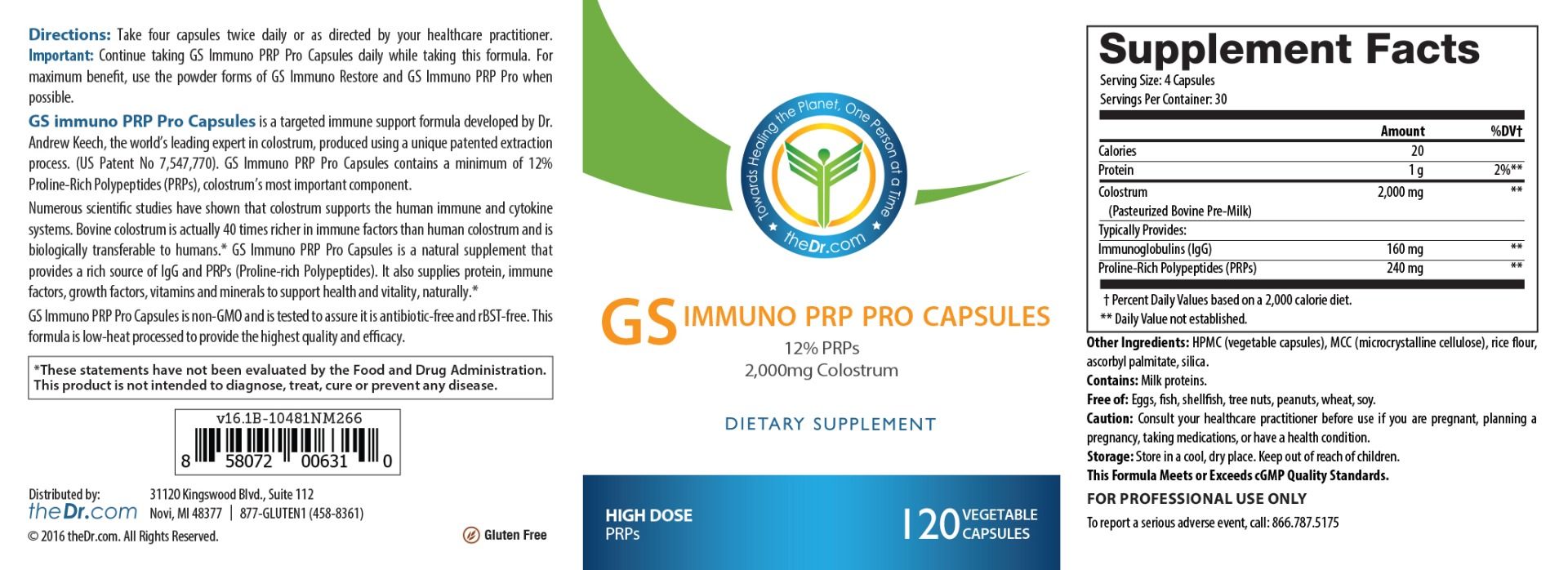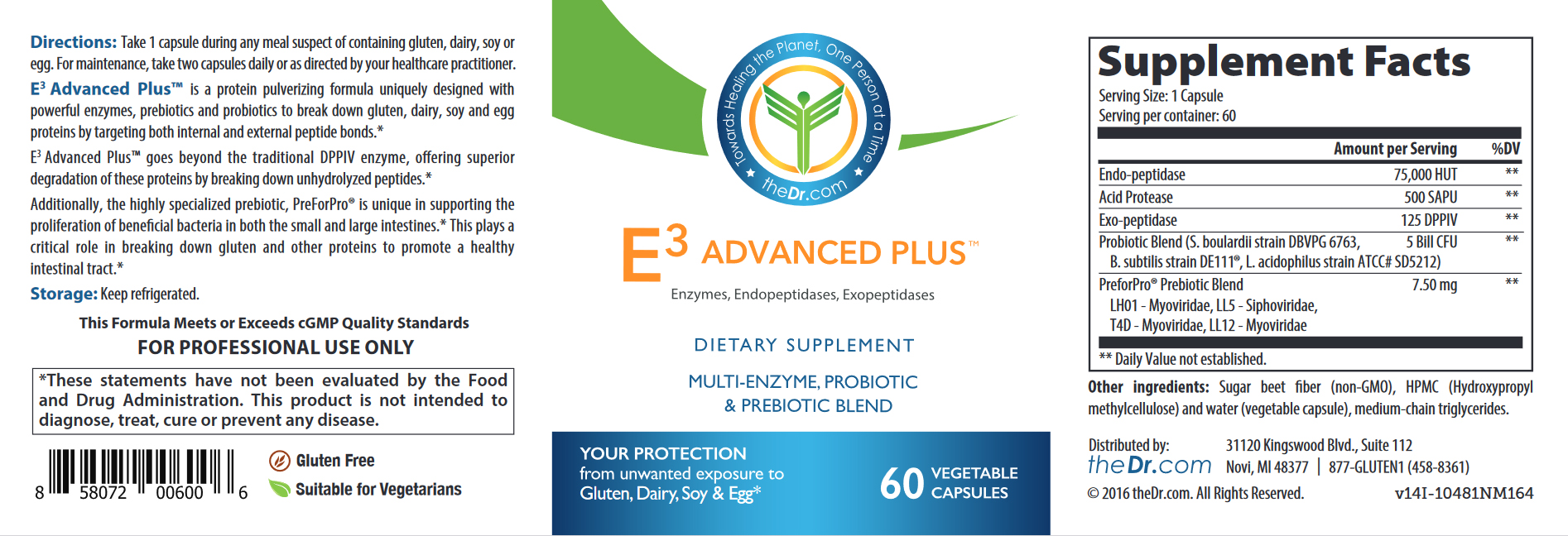Fermented foods like Kimchi are the ultimate source of probiotics, building a beautiful colony of healthy beneficial bacteria within your gut microbiome. Most probiotic supplements contain less than 10 billion colony-forming units (CFUs). That sounds like a lot until you discover that fermented vegetables contain 10 trillion (yes, trillion) CFUs. One serving of a fermented vegetable is the equivalent to an entire bottle of a probiotic supplement.
Fermented foods grow bacteria in them or on them. They are some of the best detoxifying agents available to you. These beneficial bacteria assist in drawing out a wide range of toxins and heavy metals that you are exposed to.
How often do you eat fermented foods?
Depending on the study you read, the number of Americans who are obese is about 33.7% compared to a mere 5.8% of South Koreans. It isn’t all the Big Macs we have or the rice they eat. It’s what your body does with the food. This is controlled by your microbiome. What do Koreans have that Americans lack?
A part of Korean culture includes eating Kimchi every day. Kimchi a staple in the diet of Koreans. It is a fermented food made from cabbage. When they eat this daily, they are constantly feeding the diversity of their microbiome.
A Snapshot of Your Microbiome
Your microbiome is home to archaea, bacteria, viruses, and protozoa. These tiny creatures are no small thing when it comes to your overall health. For every human cell, there are 10 non-human ones making up your gut flora.
For every message the brain sends to the gut, the gut sends nine messages to the brain.
Your microbiome produces hormones that tell your brain what to do. Your microbiome determines how many neurotransmitters you make. These neurotransmitter levels fuel emotions. So when you think feeling happy or sad is isolated to the section of your brain that controls moods, think again.
There are approximately 23,000 genes in the human genome. There are about 2.5 to 3 million genes in your gut microbiome. In other words, your gut is running the show..
Whenever anyone has subjected themselves to antibiotics, they wipe out a lot of these precious microbiota. In a way, that’s the point — you are trying to wipe out something bad like an excess overgrowth or infection. But changes in your gut can also eliminate more fragile species. Hardier bacteria remains behind that is more difficult to kill off, and that multiplies. Often this hardier bacteria may not be the probiotics that benefit your health.
The Galaxy Within
My good friend Dr. Jeffrey Bland made a sobering statement. He pointed out that there are more bacteria in your gut than stars in the known universe. In the last 35 years, researchers, scientists, and doctors have been actively seeking to learn more about this entire galaxy that lives inside our bodies.
One of the pieces of the puzzle that we learned was epigenetics. While the mapping of genes gave us some insight, it left us still searching for many of the answers we hoped we would find. What became clear was that the genes that control every function in your body is controlled by yet another. It’s a little like a Russian Doll that you lift only to discover another … and another … and another. We continue to drill down deeper and deeper into the insides of the unknown body that we each live with every day.
Epigenetics are those triggers that turn the gene expression on and off. We are in a constant dance, an interplay with our environment. It’s a ‘choose your own adventure’ where if you pull one thing something will happen, while pulling something else triggers a different response. Follow the strands and see where they lead. Internally, those strings we pull are turning your genes on and off all the time. Those roughly 3 million microbial genes create the pull on the switch of your human genes.
For instance, do you have a yeast infection? Yeast craves sugar to live on. Without it, the yeast will die. “I’m in the mood for something sweet like cake or cookies.” Tricky little buggers, aren’t they?
A Lesson From Our Native American Ancestors
There’s a great Native American parable about two wolves. The one wolf represents qualities that are good: loyalty, love, kindness, and compassion. The other wolf represents everything that is bad: deceit, hatred, bullying, and jealousy. The two wolves have been at war throughout time. A young child turns to the elder and asks, “Who will win?”
The elder replies, “The one you feed.”
This extends to your health as well. If you feed the good bacteria, you will improve your health. If you feed the bad bacteria, you set yourself up for chronic illness. Food is either inflammatory or anti-inflammatory.
70 percent of your immune system resides in your gut. What are you feeding it? South Koreans are feeding it Kimchi.
Why Does Eating Kimchi and Other Fermented Foods Help Your Microbiome?
You want to build a “world within” that is healthy. That means it is a virtual Eden of flourishing gut bacteria that live in balance with each other. You feed it foods of many colors that naturally contain different nutritional benefits. You eat nutrient dense foods with anti-inflammatory properties that help to heal and seal the gut, instead of foods that create gut imbalance. You build up those healthy troops that support your immune system and help you to face the environmental triggers that you meet each day – like stress, chemicals, or EMFs.
There is a lot in this world you don’t have control over, but you have control over what you put on the end of your fork, and it is only a forkful a day you need of fermented foods to improve your gut health.
It’s incredible how long we’ve been on this planet and how much we still don’t know about our own bodies. It really wasn’t that long ago that I began my practice and saw that probiotics helped. Now that we understand more about the microbiome, we understand a little more as to why probiotics have such an impact on our overall health.
But supplements just don’t imbed the same way food does, so to make substantive change you really need to incorporate fermented foods into a daily diet like Koreans do.
The Kimchi Crawl: Baby Steps to Good Gut Health
Sweeping changes, even good ones, can do a number on your digestive system. Before you run, you have to learn to walk. Before you walk, you have to learn to crawl. Take a lesson from your own body, and take it gently step-by-step.
Your gut is in training.
In my book The Autoimmune Fix, I share a case about a patient named Samantha. Samantha’s microbiome was directly affected by the antibiotics and other drugs she was given to treat her acne as a teenager. Later, during her lupus treatments, the steroids and chemotherapy medications pushed her microbiome over the edge. By the time I met her, her stress levels were high, which contributed to the problem as well. Aside from the damage caused by her food sensitivities, she suffered from constant bloating, which was a direct result of the gut imbalance. Even though she wasn’t really overweight, she told me that she always felt heavy, almost dense, but just assumed that feeling was normal.
I started Samantha on a simple plan of incorporating fermented foods into her diet. I explained that she doesn’t need a whole lot of them, just a little bit every day. Everyone finds the right balance.
Hot tip: With fermented foods, too much is too much, and too little is not helpful at all.
I usually start adults at 1 tablespoon per day and have them rotate the fermented food choices: one day sauerkraut, one day kimchi, one day miso soup, etc. Samantha was able to calibrate what she needed and responded to the fermented foods very positively.
After consuming fermented foods, if you find that you have a little gas or bloating, this is a biomarker that can be an indicator of dysbiosis. Dysbiosis is when you have an imbalance in your gut flora, and it is an invitation to leaky gut. This is not a sign that you should discontinue eating the fermented foods. It just means that you need to slowly incorporate them into your diet. Reduce the amount you are eating.
If that amount was only a tablespoon, consider starting with the juices as a salad dressing before progressing to the food itself. If you aren’t used to eating fermented foods, this can also get you used to the taste. When you have a low threshold, you just need to transition slowly, so as not to upset your stomach. Let your body guide you as it did Samantha and calibrate accordingly. Remember, it’s the Kimchi Crawl — not the Kimchi 5K. Slow and steady wins this race. You will get there.
When I followed up with Samantha about how she was feeling, she told me, “I’m eating a half cup of sauerkraut every day with my lunch. It’s been very helpful and nourishing, and it’s caused a detox on some level. And it’s allowed me to slowly add back foods into my diet that I used to avoid. Now that my gut is more balanced, I can eat certain fruits again without pain or gas. And I don’t have bloating anymore. My friends have noticed that I’ve lost some of my curves, but I realize that was just bloat. I even feel lighter.”
I also recommended that Samantha take prebiotics, which would work in concert with fermented foods. Prebiotics and probiotics are all alkaline, which is one of the best ways to help the body heal.
Vary your fermented foods for a wide variety of probiotics.
Variety is the spice of life. Your gut loves diversity because it appreciates all the unique nutritional benefits each food carries with it. Without diversity, your body misses certain nutrients. The same goes for the bacteria in fermented foods.
Fermented foods can include foods like Kimchi, sauerkraut, pickled ginger, naturally fermented pickles, kefir, KeVita, kombucha, yogurt, and olives. They are easy to make, but if you opt to purchase them keep an eye out for a few things.
- Be sure to get naturally fermented picked, not the pickles that are made with malt vinegar which can contain gluten.
- Be sure the containers are airtight or purchased fresh at an olive bar in the grocery store. This type of storage will allow vegetables to ferment without producing mold which could cause a histamine response.
- Do not buy sauerkraut at the store that contains sodium benzoate in it. This actually stops the fermentation process.
- Most yogurts you find at the store are high in sugar and low in probiotics. To ensure quality gut bacteria, yogurt is best when it is homemade. If you have a dairy sensitivity or have eliminated dairy from your diet, just cross this off the list and stick to the veggies and kombucha.
- Kombucha is fermented tea. It is a strong flavor that packs a punch. Generally people have an acquired taste for it. Unfortunately, most of the flavored kombucha in the grocery stores are high in sugar. Try for about 1 gram per ounce. The sugar is to feed the organisms in the kombucha. You don’t need any sugar.
- Another good source of probiotics is Kefir, which is fermented milk. If you cannot have milk, just avoid this as well.
Remember, you are the best quality control when it comes to fermented foods. There are a couple of super simple recipes in The Autoimmune Fix to get you started. Be sure to pick up your copy.

